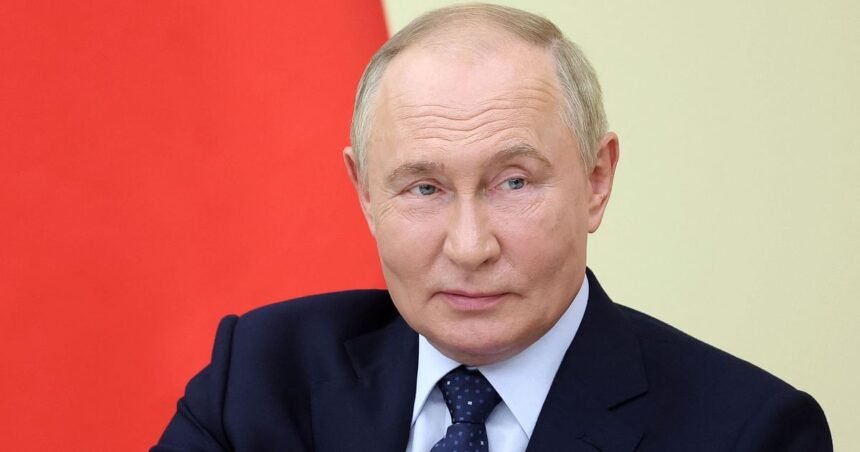Gold, arms, banking
More than a quarter of the $2.27 billion in banknotes was imported by banks, much of it in payment for precious metals, according to the customs records and a person familiar with the transactions.
Several Russian banks received cash worth $580 million from abroad between March 2022 and December 2023 and exported roughly equivalent amounts of precious metals. In many cases, the gold or silver shipments went to the companies that supplied banknotes, the records showed.
For instance, Russian lender Vitabank imported $64.8 million in banknotes from Turkish gold trading firm Demas Kuyumculuk in 2022 and 2023. During the same period, Vitabank exported $59.5 million in gold and silver to the Turkish company.
A person familiar with Demas’ operations confirmed the company took part in a series of cash-for-gold transactions involving Vitabank and two other Russian lenders between March 2022 and September 2023.
The person said having banknotes delivered from the UAE to Russia was the only solution Demas found to complete long-term contracts signed before Western sanctions took effect with Russian gold suppliers, while still complying with Turkish and international regulations related to cross-border payments.
With sanctions effectively cutting Russia off from the Western financial system, settling bills with traditional wire transfer was no longer possible, the person said.
Reneging on existing agreements would have exposed Demas to financial penalties and reputational risks, the person said. The Turkish gold trader never did business with entities under Western sanctions, and strictly follows all national and international compliance procedures, the person added.
In the third quarter of last year, once all pre-war contracts with Russian companies were completed, Demas ended the two-way trades, the person said.
Vitabank, the UAE and the Turkish presidency’s communications directorate did not respond to Reuters’ requests for comment.
Among other major cash importers were entities controlled by Rostec, the state-owned military-industrial conglomerate, the documents showed.
Rostec, which has been under US sanctions since 2014, did not respond to Reuters‘ questions about the cash payments it received.





















